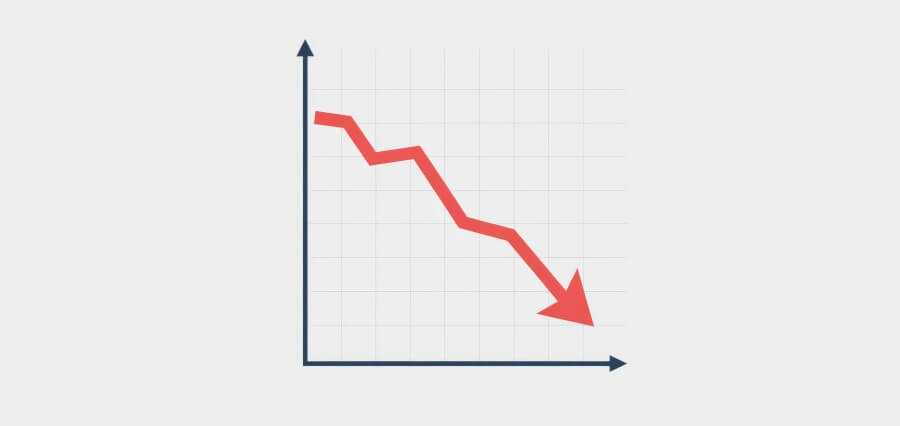Prime Highlights:
The German economy shrank by 0.2% in Q4 2024, exceeding analysts’ expectations of a 0.1% decline.
Household and government consumption rose, but exports significantly dropped compared to the previous quarter.
The contraction marks the second consecutive year of negative growth, following a 0.3% decrease in 2023.
Key Background:
The German economy experienced a contraction of 0.2% in the fourth quarter of 2024, marking a more significant downturn than analysts had anticipated. Preliminary data released by Germany’s statistics office, Destatis, revealed that the country’s Gross Domestic Product (GDP) declined after a slight increase of 0.1% in the previous quarter. Economists had expected a smaller decline of 0.1%.
Despite an increase in household and government consumption expenditures, exports fell notably, leading to the overall negative growth. Destatis attributed these drop-in exports to a decline in global demand and ongoing challenges within Germany’s industrial sector.
This contraction comes at the end of a difficult year for the German economy, which faced both economic and structural hurdles. Carsten Brzeski, global head of macro at ING, warned that the downturn could lead to a “winter recession,” highlighting the ongoing struggles in Germany‘s industrial sector. He emphasized that these challenges could spill over into other parts of the economy, as industries continue to grapple with issues such as low inventories and a weakening order book, further compounded by impending tariffs on exports to the U.S.
Germany’s economic performance has been sluggish over the past two years, with GDP figures often hovering near flatline. This marks the second consecutive year of contraction, following a 0.3% dip in 2023 and a 0.2% drop in 2024. Looking ahead, the German government has forecasted a modest 0.3% growth for 2025, a significant downward revision from the earlier projection of 1.1%.
Economy and climate minister Robert Habeck acknowledged the severity of the situation, attributing stagnation to both domestic and global uncertainties. He also stressed the need to address the country’s structural weaknesses to pave the way for future growth. This economic outlook comes as Germany prepares for an early federal election on February 23, following the collapse of the ruling coalition.
Read Also: Nvidia Rebounds 8.8% Following Historic Loss Amid AI Market Concerns
















